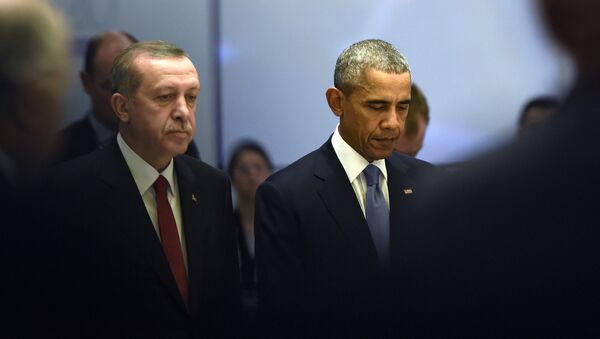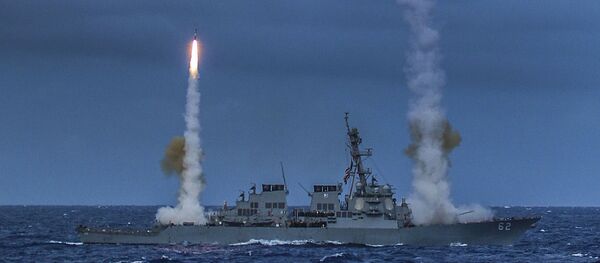NATO Secretary General Jens Stoltenberg announced this week that NATO will expand its presence in the Mediterranean in order to stem the tide of Syrian refugees flowing from Turkey into Europe. Ankara has objected, feeling the alliance’s resources could be put to better use elsewhere.
Turkish officials argue that NATO’s limited resources should instead be directed towards combatting ‘Russian aggression’ in a bid to hamstring the alliance’s efforts to prevent human smuggling in the Aegean Sea from Turkey to Greece.
There are currently over six million refugees of the Syrian Civil War, with 2.75 million seeking shelter in neighboring Turkey. The country has become the single largest host nation of migrants fleeing the horrors of war and the threat of enslavement at the hands of Daesh extremists.
In addition to the large initial intake of refugees, Ankara also offered to shelter an additional one million refugees currently residing in Europe in exchange for approximately $7.3 billion. The deal also included concessions that would provide Turkish citizens with visa-free travel within Europe’s Schengen Zone and expedite the country’s European Union membership.
That deal has wavered in recent weeks following the Turkish government’s crackdown on both the media and dissent, including advancing a constitutional amendment that will allow Turkish President Recep Tayyip Erdogan to prosecute all opposition lawmakers from the Kurdish HDP Party under the country’s anti-terrorism laws.
This move toward totalitarianism follows Turkey’s aggressive decision to shoot down a Russian warplane. The Erdogan government has also faced accusations of being engaged in illegal arms and oil trade with Daesh militants, stoking the flames of war.
British Prime Minister David Cameron suggested that Turkey may not be ready for inclusion in the European Union, and the EU has soured on the idea of offering visa-free travel to Turkish citizens. Erdogan responded by threatening to unleash a new wave of migrants onto Europe’s mainland.
Now the military alliance of 28 nations is looking to strip Ankara of their greatest bargaining chip by blockading migrant sea smuggling from Turkey.
Additionally, Erdogan’s regime has been forced to endure the US arming of Kurdish YPG forces in the struggle against Daesh extremists in Syria. Ankara has repeatedly denounced Washington’s policy of cooperation with the YPG, labelling the group a terrorist organization and calling the organization an offshoot of the PKK.
The move by US and European officials to push Turkey aside may soon result in fracturing the alliance and, at minimum, looks to undermine the effectiveness of the organization’s efforts in Syria and abroad.




